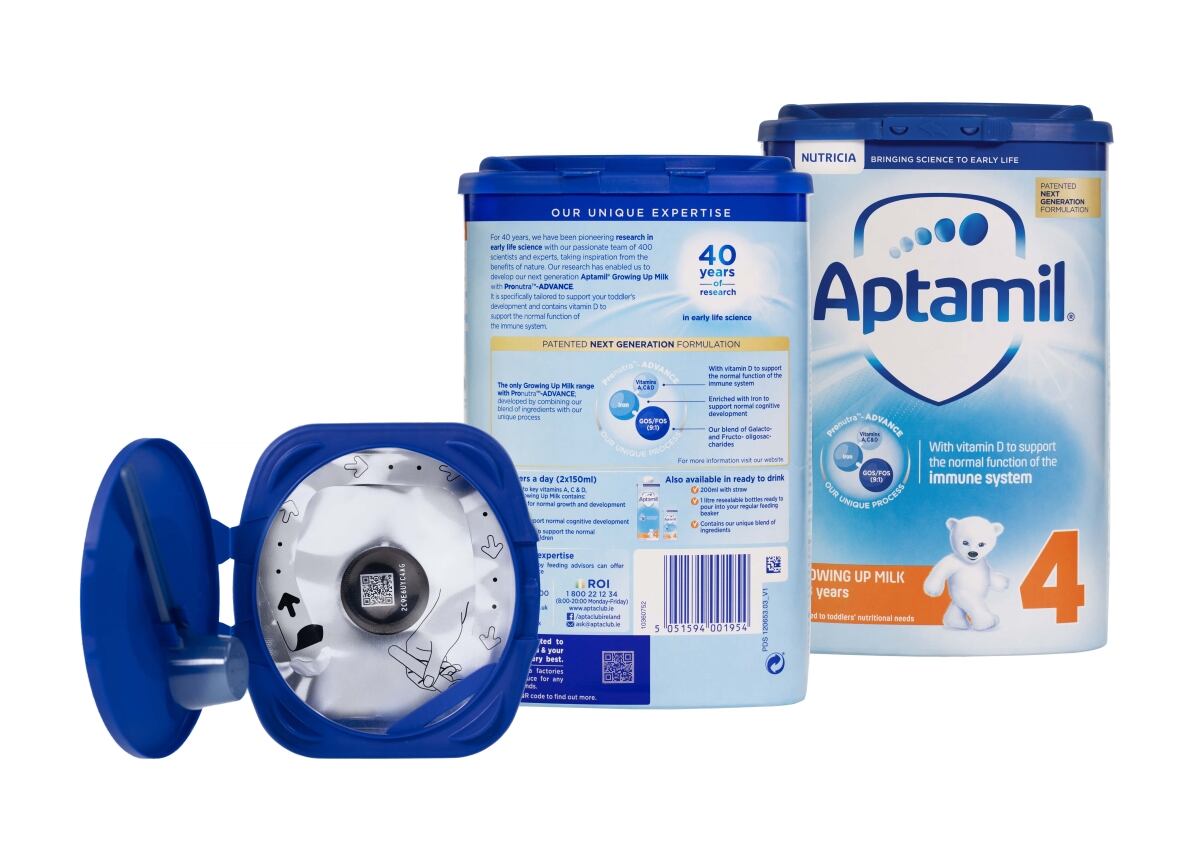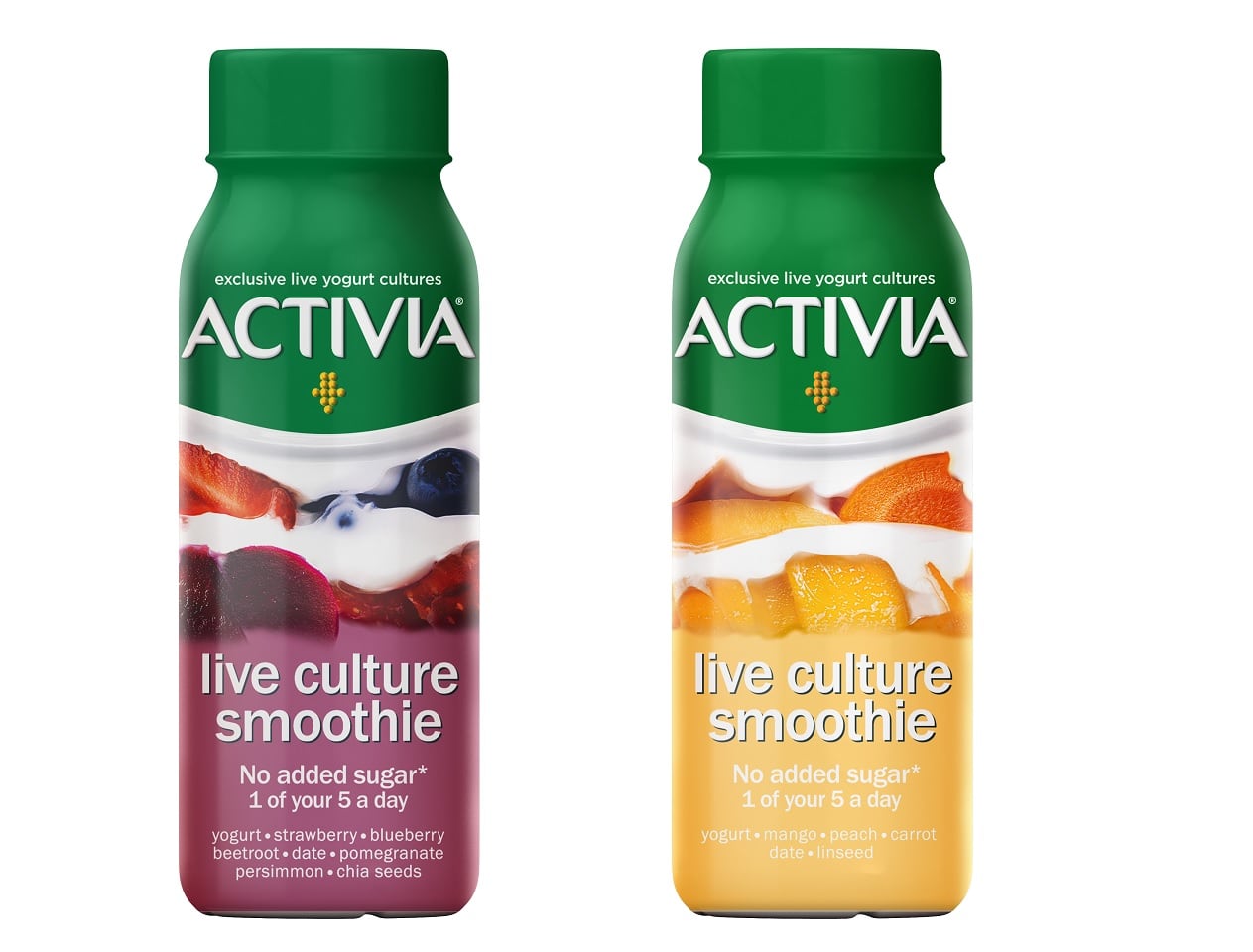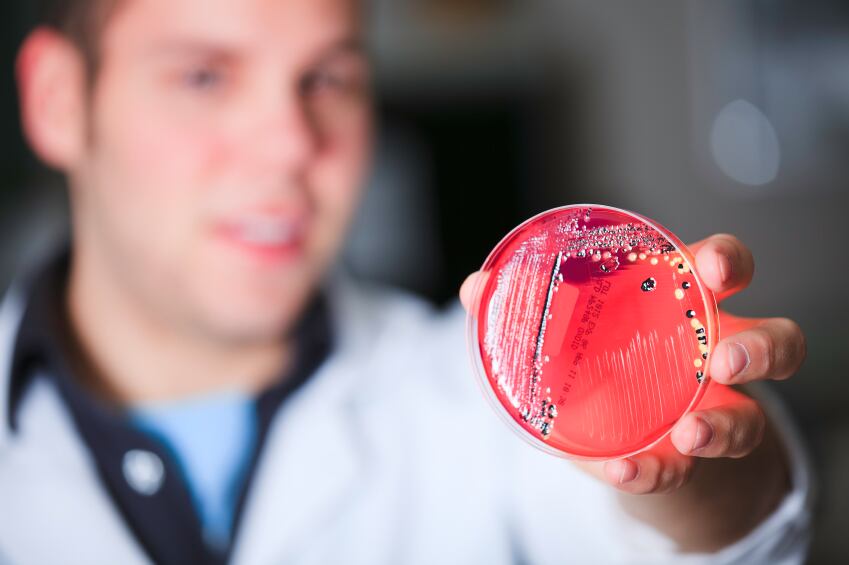The digital service, which will launch this year in France, Germany, Australia and New Zealand, looks to give parents, consumers and retailers greater insight on the journey Danone’s baby formulas take.
The service also connects users to after-sales support and services such as health and nutrition apps, customer helplines and online e-commerce services.
Danone adds that service will also allow its distributors and retailers to more easily forecast consumer demand and consumer preferences.
“We’re very pleased to be rolling out our baby formula Track & Connect service to consumers and retailers in 2020,” says David Boulanger, senior vice president, operations, Danone Specialized Nutrition.
“Thanks to this innovation in packaging and data management, we’ll be able to offer one of the most comprehensive traceability services in the baby formula industry and connect more closely to our consumers and retailers to offer them after sales services they value.”
How Track & Connect works
The Track & Connect service is powered by blockchain, serialisation and aggregation technology, which the firm says offers a secure method of storing data on the movement of its baby formula products through their supply chain.
Danone has also combine these technologies with its dual-QR code packaging technology that lasermark baby formula packs with two unique QR codes.
The outer QR code, which can be scanned before or after purchase, accesses batch and unit numbers that track the product through the supply chain, providing logistical information.
Every individual baby formula pack can be traced back to the location, date and time it was produced in Danone’s factories.
Meanwhile, the inner QR code, which can only be scanned after the product has been purchased and opened, registers that pack as purchased on the ‘global code repository’ providing a one-off authentication message.
Any subsequent scan of the inner QR code will trigger an alert that the product has already been opened.
Delicate ingredient balance
Infant formula could be considered relatively vulnerable to lapses in the supply chain as well as issues in product formulation, due to the delicate balance of ingredients and storage conditions.
Infant formula products may have been the source of a Salmonella Poona outbreak in France, Belgium and Luxembourg, according to the European Food and Safety Authority (EFSA) back in March of last year.
Here, 32 confirmed cases reported between August 2018 and February 2019 identified the common source as a three rice-based infant formula product with a Spanish processing company implicated in the infant formula’s manufacture.
Danone themselves were inundated with complaints after its newly reformulated Aptamil baby milk formula was making some infants ill in the UK back in July 2018.
The firm sought to reassure parents by undertaking extensive quality and safety checks, including clinical trials, product testing and product experience tests on its products.




